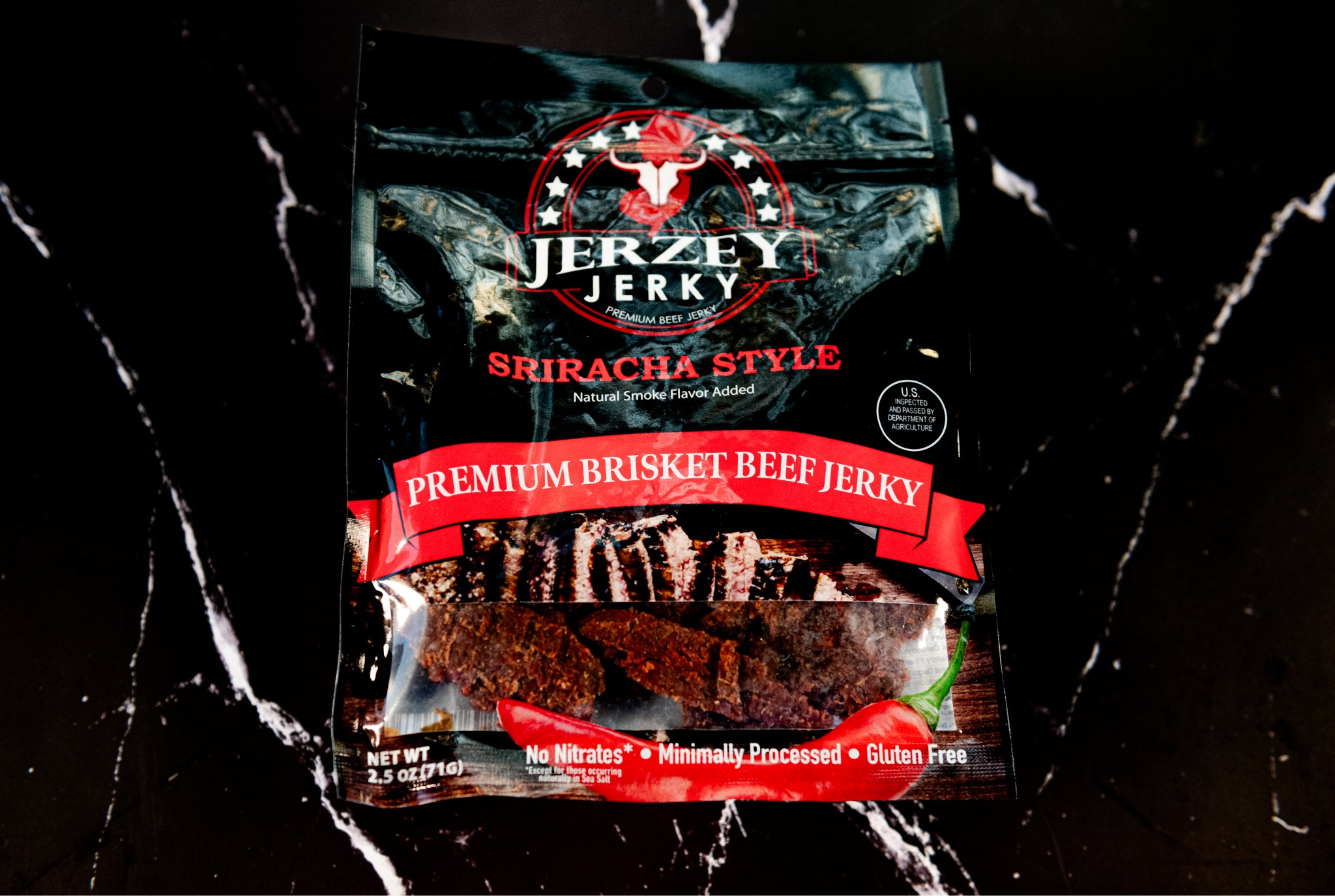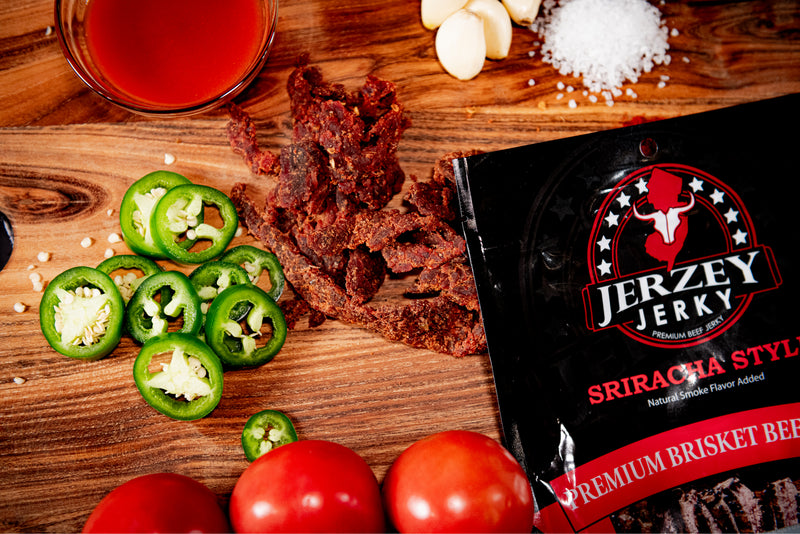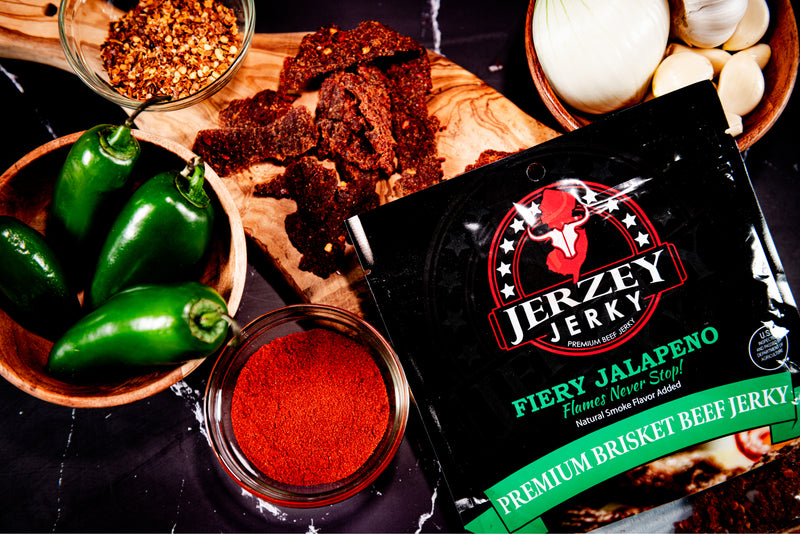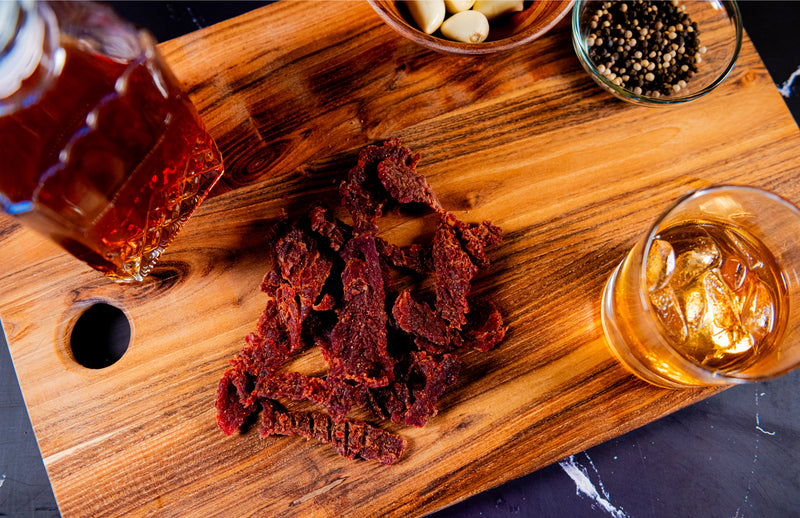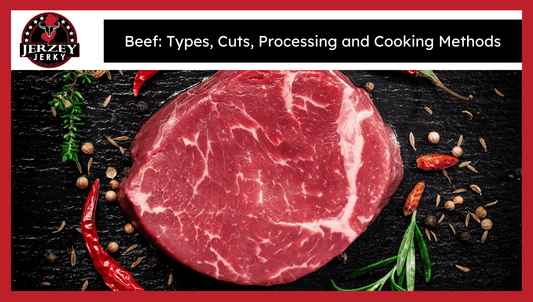
Can Diabetics Eat Beef Jerky?
Yes, low-carb and low-added-sugar beef jerky is safe for diabetics. One serving size of 28 grams has approximately 5 grams of carbs, which is efficient to control the blood sugar level.
Beef jerky has a great amount of protein. The Nutritional Sciences Department of the University of Connecticut reports that high-protein meals reduce post-meal blood sugar by between 22 and 33 percent. This helps in maintaining the normal glucose levels among diabetics.
But some of the commercially available jerky has added sugar. According to research published in npj Science of Food, added sugar content runs between 0.5 percent and 1.5 percent of the weight and increases total carbohydrates.
Use jerky that contains less than 5 grams of carbs plus more than 10 grams of protein. Read nutrition labels carefully and do not take goods with an excess sugar content of over 1%.

What to Look for in Diabetic-Friendly Beef Jerky
The characteristics of diabetic friendly beef jerky are the following:
- Sugar-Free Formulation: Do not consume jerky that contains honey, brown sugar, corn syrup or fruit juice. Jerky with zero added sugar does not cause sudden increases in blood sugar levels and helps maintain the stable level of carbohydrate intake needed by individuals with diabetes.
- Low Total Carb HP: Use jerky that has less than 3 grams of net carbohydrates per serving. The low-carb options regulate glucose levels in the blood, which is recommended by diabetic food guidelines in terms of glucose being very high or very low at different times of the day.
- Low Sodium Level: Choose a jerky that has under 300 milligrams of sodium per serving. Essentially, high levels of sodium raise blood pressure and heart risk. Diabetics have twice the amount of risk of heart disease, and therefore, sodium intake reduces the risk of heart disease and kidney failure.
- Healthy detergent dimension list: Only select beef, salt, and natural spices jerky. This contains a minimal list of ingredients that lead to less contact with additives and preservatives that have harmful impacts on the metabolism and the body in general and particularly among people with diabetes.
- No MSG, Nitrates: Do not eat jerky that contains MSG and nitrates. Researchers associate MSG doses greater than 1 gram daily with insulin resistance and metabolic syndrome, which increases the risks by more than 40 percent. Nitrates have a headache and insulin sensitivity risk that deteriorates the onset of diabetes management.
- Portion-Control Packaging: Go for single-serving jerky packs that weigh 28-30gm. Measure control packaging also prevents excess intake, it also makes it easier to track the carbohydrates, sodium and calorie content and then manages the diabetes with accurate control of snacking.
Shop the best-selling Carne Asada Beef Jerky - Brisket & Straight Whiskey Beef Jerky - Brisket !
What are the Potential Risks of Eating Jerky for Diabetics
These are the possible dangers of eating jerky for diabetics:
- Hidden Sugars: The added sweeteners in some jerky lead to a sudden rise in blood sugar. Such sugars are usually not mentioned in the labels making it difficult to control glucose levels for diabetics and exposing them to a risk of experiencing high glucose level emergencies.
- High Sodium: Jerky contains a lot of salt that strains the kidneys. Approximately 30-40 percent of patients have diabetic kidney disease. The overconsumption of salt accelerates the loss of kidney damage and brings about blood pressure elevation, heightening the risks of cardiovascular disorders in diabetes.
- Overeating: The small size and harsh palate of jerky promote excessive eating. Excessive eating raises the intake of calories, sodium, and carbohydrates, interfering with diabetes meal plans and blood sugar levels.
- Additives & Preservatives: The jerky contains preservatives, such as BHA and BHT, which damage the liver. Research also associates these chemicals with the disruption of metabolism, which has adverse effects with long effect on long-term diabetes management and overall health.
Can Homemade Jerky Be a Better Option?
Yes. Homemade jerky offers complete control over salt, freshness and sweetness. This regulation helps to evade other sugars and extra salt which increases blood sugar level and blood pressure.
It supports low-carb or carnivore diets. Eating lean cuts of meat, such as eye of round or top sirloin, maintains protein and lowers fat to aid glucose reduction.
Do not add sugar to marinades but only apple cider vinegar or spices. Studies indicate that vinegar enhances insulin sensitivity and it does not provide carbohydrates, thus it is a better option for diabetics.

 2025-07-23
2025-07-23
 Wayne Holland
Wayne Holland














